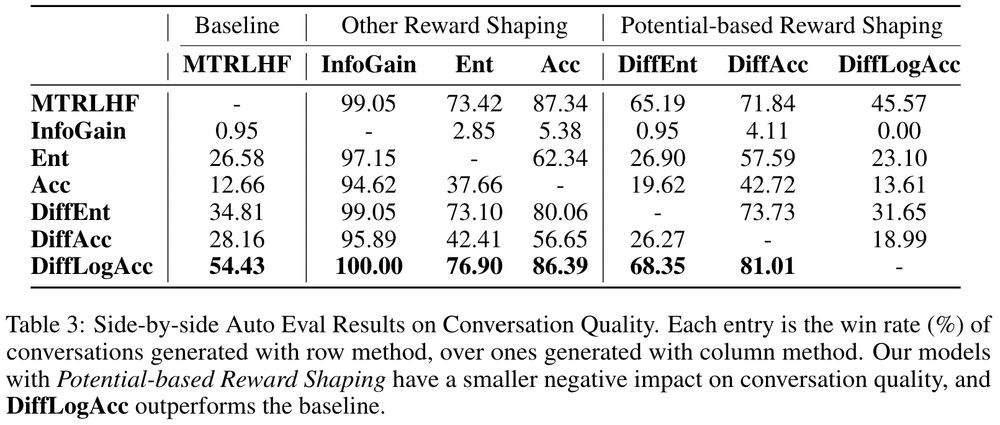This work was done with my awesome collaborators:
Jiaxing Wu, Marwa Abdulhai, Lior Shani, and @natashajaques.bsky.social

This work was done with my awesome collaborators:
Jiaxing Wu, Marwa Abdulhai, Lior Shani, and @natashajaques.bsky.social







📜 arxiv.org/abs/2504.03206
🌎 sites.google.com/cs.washingto...
📜 arxiv.org/abs/2504.03206
🌎 sites.google.com/cs.washingto...

